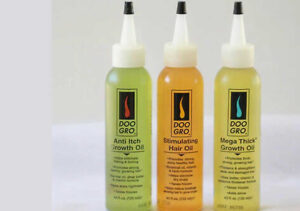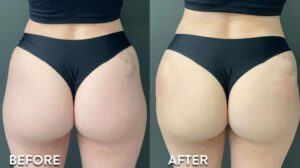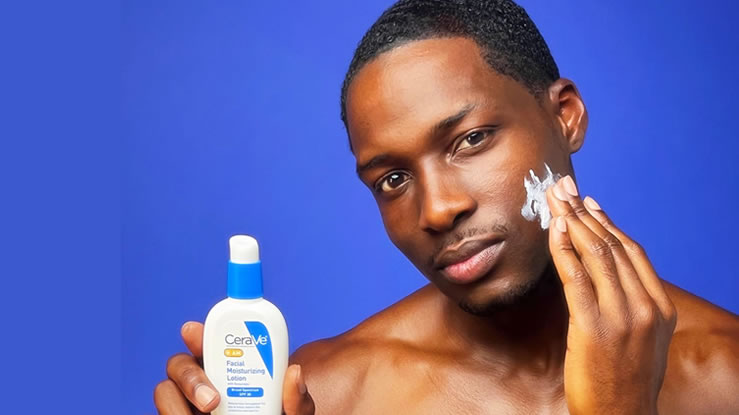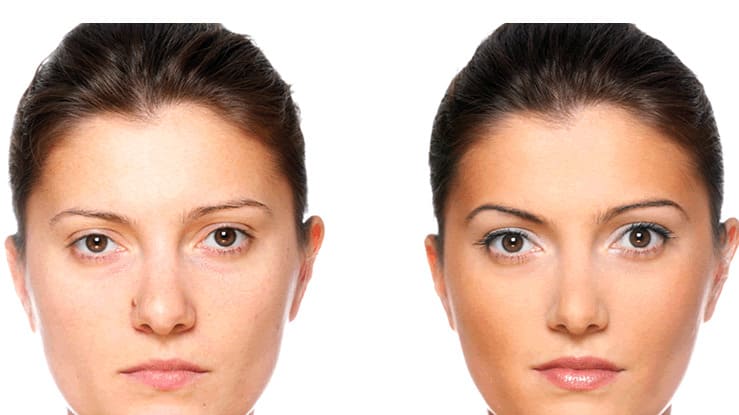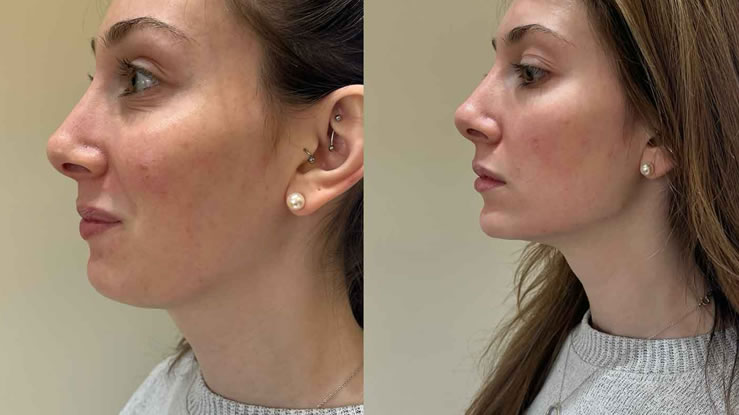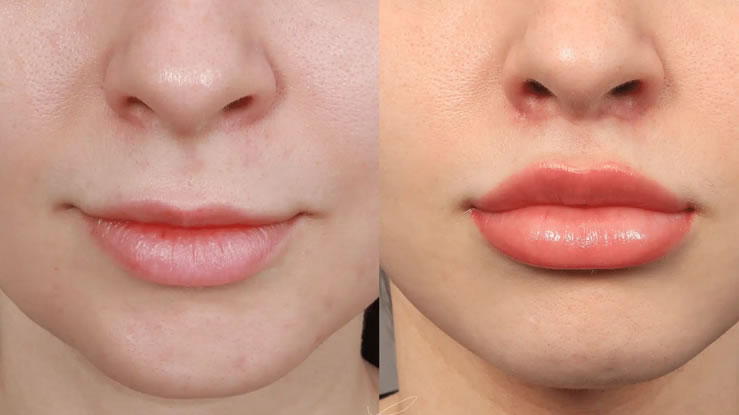Vitamin C has emerged as a superstar ingredient in the skincare world, renowned for its powerful antioxidant properties, ability to brighten the skin, and promote collagen production. Many people incorporate vitamin C serums into their daily routines, hoping to achieve radiant, youthful skin. However, one question frequently arises: Is vitamin C an exfoliant?
This question is important because exfoliation is a foundational skincare step that can dramatically impact skin texture, tone, and clarity. Misunderstanding the role of vitamin C can lead to ineffective skincare routines or irritation if combined improperly with other exfoliants.
This article aims to provide a comprehensive explanation of whether vitamin C qualifies as an exfoliant, how it works on the skin, and how it fits into an effective skincare regimen. We will also explore the science behind exfoliation, vitamin C’s benefits, potential side effects, and expert recommendations.
1. What Does Exfoliation Mean in Skincare?
1.1 Definition of Exfoliation
Exfoliation refers to the removal of dead skin cells from the surface of the skin to reveal fresh, healthy skin underneath. This process helps improve skin texture, unclog pores, prevent breakouts, and enhance the penetration of skincare products.
1.2 Types of Exfoliation
-
Physical Exfoliation: This involves manual scrubbing with abrasive particles (scrubs), brushes, or tools that physically slough off dead skin cells. Examples include sugar scrubs, facial brushes, or exfoliating gloves.
-
Chemical Exfoliation: This uses acids or enzymes to dissolve the bonds between dead skin cells, enabling them to be naturally shed. Common chemical exfoliants include:
-
Alpha Hydroxy Acids (AHAs): Such as glycolic acid and lactic acid, which exfoliate the surface layers of the skin.
-
Beta Hydroxy Acids (BHAs): Such as salicylic acid, which penetrate deeper into pores and are especially useful for oily and acne-prone skin.
-
Enzymatic exfoliants: Derived from natural sources like papaya or pineapple enzymes, which gently break down dead skin cells.
-
1.3 Benefits of Exfoliation
-
Smoother skin texture
-
Brighter complexion
-
Reduced appearance of fine lines and wrinkles
-
Prevention of clogged pores and acne
-
Improved absorption of skincare products
2. What is Vitamin C in Skincare?
2.1 Overview of Vitamin C (Ascorbic Acid)
Vitamin C, scientifically known as ascorbic acid, is a water-soluble vitamin that plays a vital role in skin health. It is a potent antioxidant that protects skin cells from damage caused by free radicals generated from UV exposure and pollution.
2.2 Forms of Vitamin C in Skincare
There are several forms of vitamin C used in skincare formulations, each with different stability and potency:
-
L-Ascorbic Acid: The most active and well-researched form but can be unstable and irritating in high concentrations.
-
Magnesium Ascorbyl Phosphate: A stable, water-soluble derivative suitable for sensitive skin.
-
Sodium Ascorbyl Phosphate: Stable and less irritating, with antimicrobial properties.
-
Ascorbyl Palmitate: A fat-soluble form that penetrates the skin differently.
-
Tetrahexyldecyl Ascorbate: A newer, oil-soluble form with enhanced penetration.
2.3 Key Benefits of Vitamin C in Skincare
-
Antioxidant protection: Neutralizes harmful free radicals to prevent premature aging.
-
Collagen synthesis stimulation: Promotes skin firmness and elasticity by supporting collagen production.
-
Brightening and hyperpigmentation reduction: Inhibits melanin production, lightening dark spots and evening out skin tone.
-
Anti-inflammatory: Helps calm redness and irritation.
3. Is Vitamin C an Exfoliant?
3.1 The Core Question Answered
Vitamin C is not an exfoliant. It does not physically or chemically remove dead skin cells from the skin surface like traditional exfoliants do.
3.2 Why Vitamin C is Often Confused as an Exfoliant
Vitamin C can make the skin appear brighter and smoother, effects often associated with exfoliation. This leads to some confusion about its role:
-
Vitamin C promotes skin renewal and collagen production, which indirectly supports healthier skin turnover.
-
Its brightening effect reduces pigmentation and uneven skin tone, giving an exfoliated-like glow.
-
Some vitamin C products are formulated with exfoliating acids, causing overlap in function.
However, vitamin C itself does not break down the bonds between dead skin cells or physically slough off skin.
4. How Does Vitamin C Work on the Skin?
4.1 Antioxidant Defense
Vitamin C protects skin from oxidative stress caused by UV rays and pollution, which damage collagen and skin cells.
4.2 Collagen Production
By stimulating collagen synthesis, vitamin C supports skin’s structural integrity, reducing fine lines and promoting a plumper appearance.
4.3 Melanin Inhibition
Vitamin C inhibits tyrosinase, an enzyme responsible for melanin production, thereby lightening dark spots and evening skin tone.
4.4 Skin Barrier Support
Vitamin C strengthens the skin barrier, which is essential for retaining moisture and defending against irritants.
5. Vitamin C Compared to Common Exfoliants
| Aspect | Vitamin C | Chemical Exfoliants (AHAs, BHAs) |
|---|---|---|
| Action | Antioxidant, collagen booster | Removes dead skin cells chemically |
| Effect on dead skin cells | No direct exfoliation | Directly dissolves cell bonds |
| Skin sensitivity risk | Low to moderate (varies by formula) | Moderate to high (especially with high concentrations) |
| Usage frequency | Daily or as tolerated | 1-3 times per week, depending on skin type |
| Ideal for | All skin types, including sensitive | Depends on the acid type and skin condition |
6. How to Use Vitamin C and Exfoliants Together
6.1 Layering and Timing
-
Apply chemical exfoliant first to remove dead cells and prep the skin.
-
Follow with vitamin C serum to brighten and protect newly revealed skin.
-
Use sunscreen daily, as both vitamin C and exfoliants increase sun sensitivity.
6.2 Tips for Sensitive Skin
-
Start slowly, introducing one active at a time.
-
Alternate nights between exfoliants and vitamin C if irritation occurs.
-
Use gentle forms of vitamin C and mild exfoliants to reduce irritation risk.
6.3 Avoid Mixing Vitamin C with Certain Actives
-
High-pH exfoliants can destabilize vitamin C.
-
Avoid layering vitamin C with benzoyl peroxide or retinol simultaneously without guidance.
7. The Benefits of Combining Vitamin C with Exfoliation
-
Enhanced skin radiance: Dead skin removal + brightening effects.
-
Improved texture and tone: Smoother skin and reduced pigmentation.
-
Protection: Antioxidants shield skin during renewal.
-
Increased collagen: Supports youthful skin.
8. Common Myths About Vitamin C and Exfoliation
-
Myth: Vitamin C can replace exfoliation.
Fact: Vitamin C complements but does not remove dead skin cells. -
Myth: Vitamin C causes exfoliation-like peeling.
Fact: Peeling usually results from irritation or other exfoliants, not vitamin C itself.
9. Potential Side Effects and Precautions
-
Irritation: High concentrations or unstable formulas may cause redness or tingling.
-
Sun sensitivity: Use sunscreen to protect your skin.
-
Oxidation: Vitamin C oxidizes quickly when exposed to air and light; store properly.
10. Frequently Asked Questions (FAQs)
Q1: Can I use vitamin C with AHA or BHA exfoliants?
Yes, but start slowly and monitor skin tolerance to avoid irritation.
Q2: Does vitamin C help fade acne scars?
Vitamin C can lighten hyperpigmentation and support skin repair, aiding in scar improvement.
Q3: What form of vitamin C is best for sensitive skin?
Magnesium ascorbyl phosphate and sodium ascorbyl phosphate are gentler alternatives.
Q4: Can I use vitamin C in the morning?
Yes, vitamin C is often used in the morning for antioxidant protection.
Q5: Should I exfoliate before applying vitamin C?
Exfoliation can help vitamin C penetrate better, but it’s not mandatory.
Vitamin C is a potent antioxidant and skin brightening agent, but it is not an exfoliant. While it supports skin renewal and collagen production, it does not remove dead skin cells like AHAs or BHAs. For best results, vitamin C should be incorporated into a balanced skincare routine alongside appropriate exfoliation, tailored to your skin type and needs.
Proper use of vitamin C can lead to radiant, youthful skin that is well-protected from environmental stressors, while exfoliation helps maintain smooth texture and clarity. Together, these skincare practices offer a comprehensive approach to healthy skin.
Related Articles





